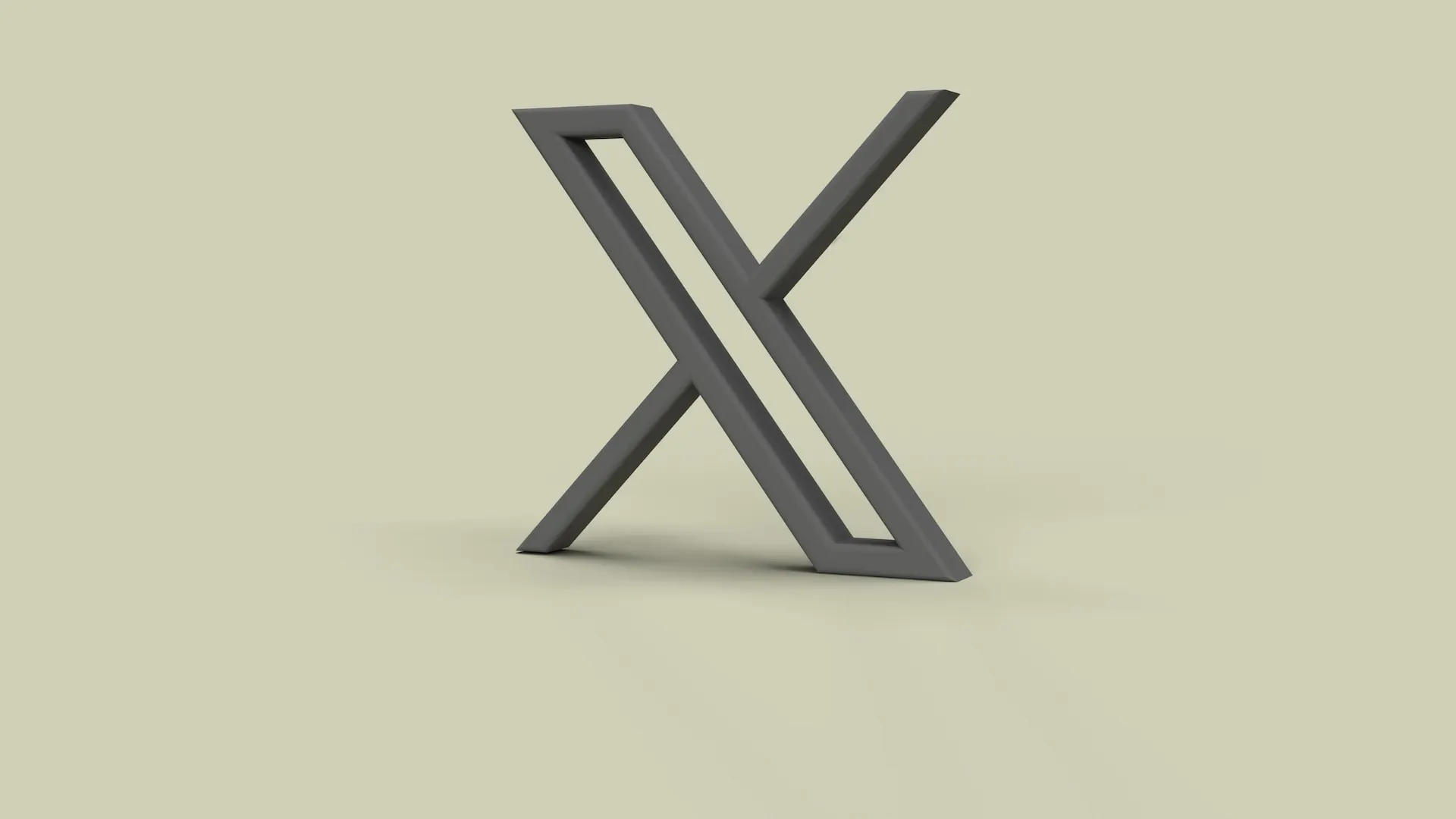- NetBlocks reports that Tanzania’s Internet Service Providers (ISPs), including Airtel, Vodacom, Halotel, Tigo, and TTCL, have blocked access to X (formerly Twitter), meaning users in the country can not access the platform.
- Online platform restrictions by these ISPs, including the Image Content Delivery Network (CDN), Mobile API, and Photo/Video Upload, have been inaccessible nationwide.
- With most ISPs being restricted, concerns have risen over the complete shutdown of the platform. Most claim that this is just another ploy by the government to limit the spread of information relating to the prison break, stopping all communications.
This move follows a police alert about alleged plans by opposition parties to raid stations holding political prisoners.
On August 30, 2024, the Tanzanian Police Force (TANPOL) warned members of the opposition party Chadema, who are reportedly using Zoom to organise protests. The police said these Zoom meetings are being used to assemble groups of 20 people to raid offices and police stations.
Earlier in August, the Tanzanian government arrested Chadema’s chairman, Tundu Lissu, and the head of the youth wing.
Social activist Maria Sarungi Tsehai shared a post listing the names of the political prisoners, urging the public to spread the information across social media platforms to secure their release.
Using hashtags like #FreeThemAll and #FreeDeusdedithSoka, Tanzanian activists from Chadema listed those imprisoned — Jacob Mlay, Chaula, Frank Mbise, Dioniz, and Deusdedith Soka — calling for online support and rallying people to their cause.
The international human rights organisation and digital rights consider disruptions of Internet access and communication as an attack on the freedom of speech and access to information. This could be seen as the misuse of democratic rights and principles.
This move is a reminder of the Internet disruptions in Kenya following the Finance Bill 2024. Despite Safaricom claiming the outage was caused by fibre cables, citizens reportedly saw the disruptions as government-induced, which were planned to limit the coverage of the events at the protest grounds and stunt its spread over the media.
Even Nigeria reportedly had its fair share of Internet disruptions during the #EndBadGovernance protest early this month. Senegal also faced a nationwide Internet outage after its election delay.
Over time, X has been one of the most restricted social media platforms. According to a report, in 2023, the social media platform experienced 10,683 hours of intentional disruption — 18% higher than Instagram and 26% more than TikTok.
This trend is growing across African countries. In 2023, sub-Saharan Africa lost $1.74 billion due to government-induced internet shutdowns. The region experienced 114 shutdowns across 23 countries in 2022, 50 outages in 21 countries in 2021, 93 shutdowns in 21 countries in 2020, and 134 shutdowns in 22 countries in 2019.










